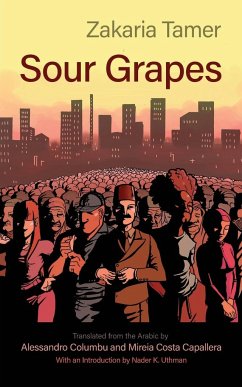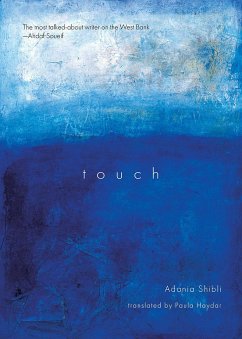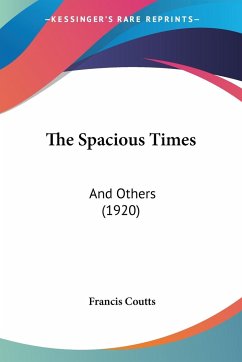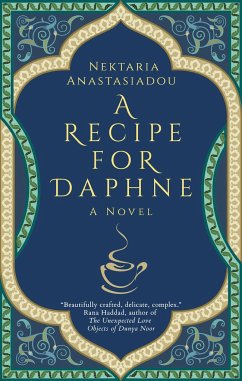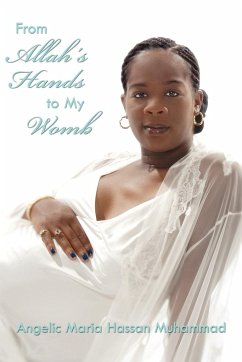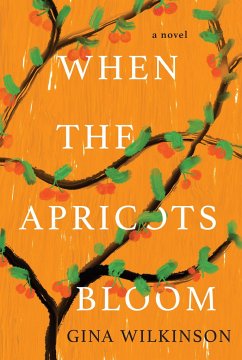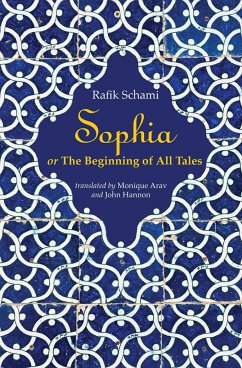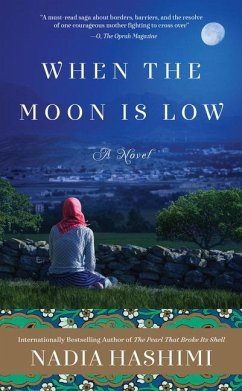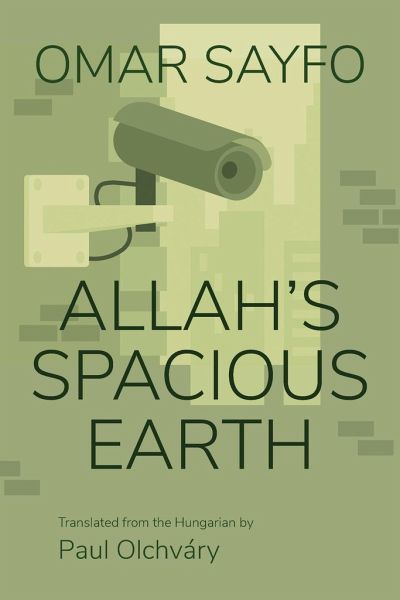
Allah's Spacious Earth
Versandkostenfrei!
Versandfertig in über 4 Wochen
17,99 €
inkl. MwSt.

PAYBACK Punkte
9 °P sammeln!
Allah's Spacious Earth is a stunningly fresh and timely political dystopia that depicts the tragic yet very real consequences of tensions between majority populations and Muslim minorities in the Western world. The novel is set in an imagined future where anti-Muslim sentiment and political pressure lead to a community being cut off from the rest of society. Told from the perspective of Nasim, a young Muslim living in the Zone-an urban area within one of the states forming the Pan-European Federation-the story follows his journey as he struggles with the restrictions imposed upon him along wit...
Allah's Spacious Earth is a stunningly fresh and timely political dystopia that depicts the tragic yet very real consequences of tensions between majority populations and Muslim minorities in the Western world. The novel is set in an imagined future where anti-Muslim sentiment and political pressure lead to a community being cut off from the rest of society. Told from the perspective of Nasim, a young Muslim living in the Zone-an urban area within one of the states forming the Pan-European Federation-the story follows his journey as he struggles with the restrictions imposed upon him along with the expectations of his community. In the tradition of Michel Houellbecq's Submission, Allah's Spacious Earth is a powerful novel of ideas that brilliantly captures a growing fear in Western societies and its devastating fallout.




